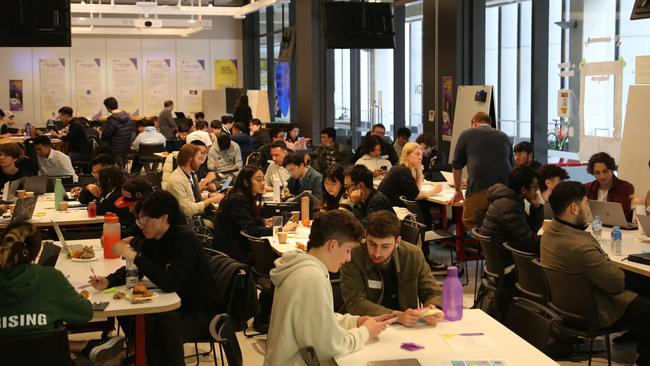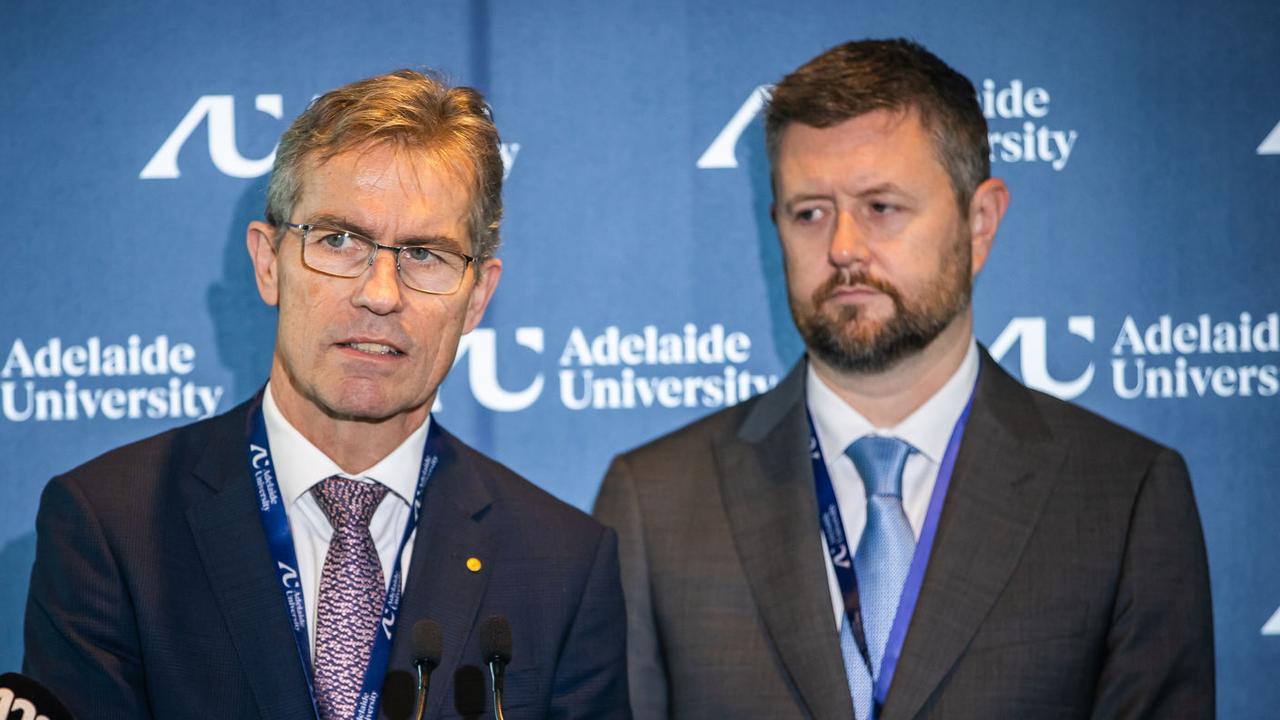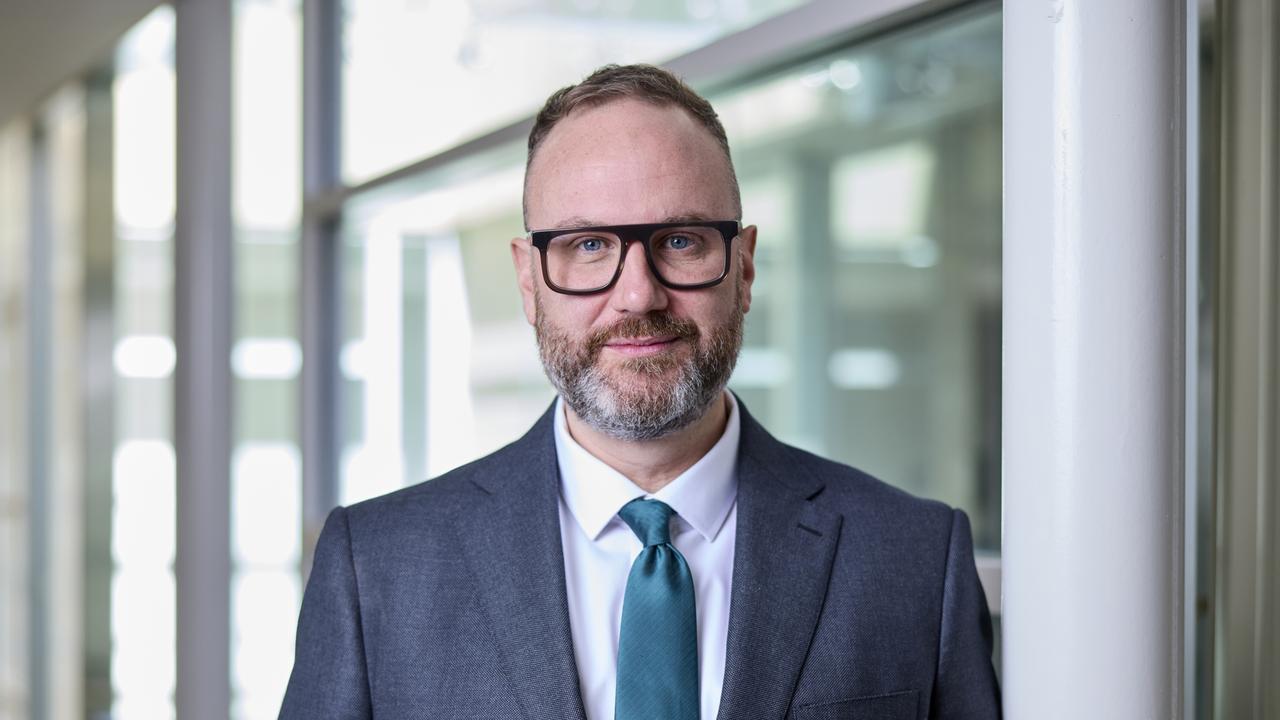Entrepreneurial students at UNSW compete for the Peter Farrell Cup
Students at UNSW students get support to launch their own business enterprise and compete for a valuable prize.

Future Builder Award Finalist UNSW
-
From ideas to impact – 2023 Peter Farrell Cup
-
Increasing numbers of University of NSW students want to start their own businesses rather than start the climb up the corporate ladder.
Perhaps inspired by the lionisation of successful Australian entrepreneurs and tempted by the idea of setting their own boundaries and goals – and maybe, like the Atlassian founders, because they never want to wear a suit – these entrepreneurially-minded students can compete in the university’s Peter Farrell Cup (PFC) and acquire business skills and valuable advice along the way.
Over 10 weeks, teams of PFC competitors are provided with the tools and space to develop and refine their business ideas. Eventually, the finalists pitch their ideas to a panel of judges, competing for $20,000 cash prize pool. Past prize winners include an artificial intelligence (AI) powered storytelling app for children’s mental health and AI robotic pets for the elderly.
“There are a lot of people who have an idea for a business but never do anything about it, never share it,” says David Burt, UNSW director of entrepreneurship. “It’s quite scary to put something into the world for the first time. We encourage them and give them the support to take that risk.”

The PFC guidelines are simple. Competing teams must comprise at least two and no more than five people, led by a UNSW student or research candidate from any faculty. The projects must be new, self-funded and original.
Refining a business idea and working through the preliminary stages of understanding the market, sorting through manufacturing requirements, and meeting legal obligations, helps students understand the sheer amount of work and confidence needed to launch a business, Burt says.
“Peter Farrell, the philanthropic supporter of this idea pitch competition, he embodies a lot of that value,” he adds.
“One of his favourite phrases is ‘it’s not innovation until someone writes a cheque’. He supports us because he knows how hard the journey is when you have an idea and not many people believe in you.”
US research has found that budding entrepreneurs often give up because their ideas are criticised by friends and family. “We would never tell someone their idea is bad,” Burt says.
“Our role is to help with the knowledge and the methods so they can build their own conviction concerning whether the idea is good enough or not.”
PFC candidates are matched with seasoned industry mentors and coaches who have extensive experience in nurturing and launching business ideas.
The candidates can choose to take part in educational hands-on workshops and they will be provided with access to collaborative workspaces on campus.
The university makes an effort to engage students from every school and faculty, he adds, and the response is broadbased.
In 2023, 37 per cent of the teams were led by candidates from the business school, 36 per cent from engineering, 12 per cent from science, 8 per cent from the arts, design, architecture and law, and 6 per cent from medicine. Nearly a third, 28 per cent, of the participants were women, and female representation increases year by year.
“All the students in the competition get practical real experience,” Burt says, “including how to gather evidence to support a business idea and how to pitch that in a compelling way to an audience.”



To join the conversation, please log in. Don't have an account? Register
Join the conversation, you are commenting as Logout